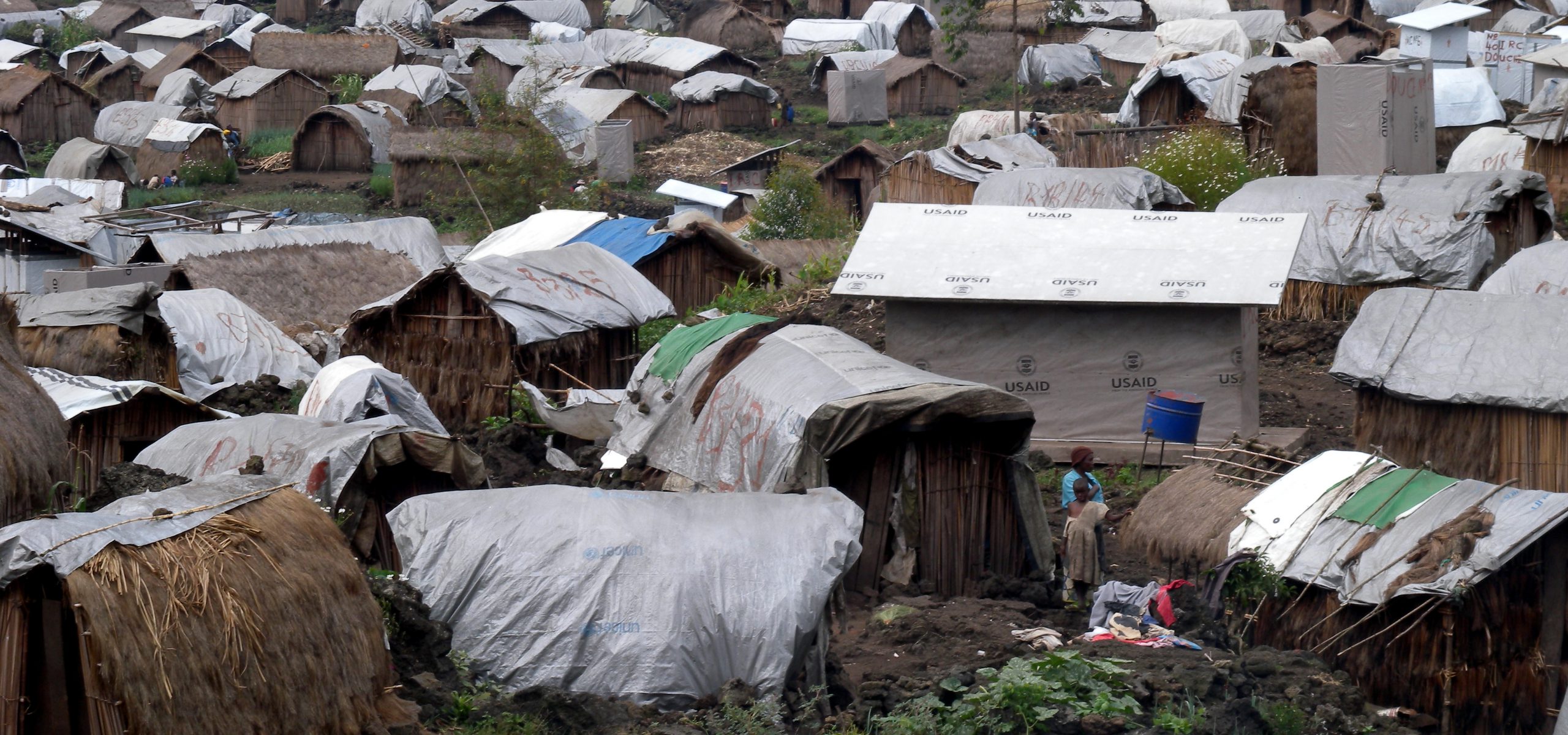Camp Coordination and Camp management (CCCM)
Key environmental issues linked to camp coordination and camp management

Key environmental issues linked to camp coordination and camp management
Welcome to the online edition of the Disaster Waste Management (DWM) Guidelines. This section contains the relevant tools and general information for those who plan to deploy on disaster waste management missions and those dealing with disaster waste management. We recommend reading the Disaster Waste Management Guidelines…
The Disaster Waste Management Guidelines for Asia Pacific, published by the Japanese Ministry of the Environment, is developed to enhance preparedness for disasters by exchanging information, awareness and human resources during normal (non-hazard) times. The guidelines aims to provide a practical tool during a potential disaster as well as in…
The focus of the UNDP Guidance Note on debris management is to provide urgent post-crisis and post-disaster assistance. It offers practical advice to UNDP Country Offices on how to plan, design and implement short-term projects that effectively connects governments and communities in the process of assessment, clearance, recycling and management…
The UNDP Guidance note forms part of a series of UNDP's signature products that aims to respond and support early recovery in immediate crisis and post-crisis contexts with practical advice and guidance to UNDP Country Offices. The objective is to provide guidance on how to plan, design and implement projects…
The GRRT is a toolkit and training program designed to increase awareness and knowledge of environmentally responsible disaster response approaches.
The Rapid Environmental Impact Assessment in Disaster (REA) is a tool to identify, define, and prioritize potential environmental impacts in disaster situations.
This checklist provides emergency shelter project managers a means to quickly assess shelter-related environmental impacts and identify practical actions to address these impacts.
This document focuses on housing reconstruction after natural hazard events that must be carried out in highly difficult circumstances and there are expectations to be operational very quickly. Its purpose is (1) to convey the full range of environmental and environmental health issues associated with housing construction, and (2) to…
For detailed guidance on environmentally sustainable settlement and camp management see the Camp Management Toolkit, Chapter 6 on Environment.
The FRAME Toolkit is a Framework for Assessing, Monitoring and Evaluating the Environment in Refugee-Related Operations…
Mission report by the Ministry of Environment and Forest of Bangladesh on the environmental impacts of the refugee influx in Bangladesh.
This guidance accompanies the Environment Marker, and aims at giving specific guidance on mitigation measures for activities in “B”-coded projects (medium environmental impact). It provides additional sector-specific guidance, using the example of Sudan.
This study, conducted in 2019, focuses on the definition of climate vulnerability with operational and political perspectives and delivers guidelines for assessing climate vulnerability in long-term crises, such as in conflict-affected countries and recurrent disaster-prone areas. The research draws on an extensive academic literature review in the fields of biology,…
This paper highlights a number of options for managing electricity infrastructure in refugee camps. It outlines the challenges, opportunities and operational implications associated with them using the Kalobeyei settlement in Kenya as a case study.
This report issued by the Moving Energy Initiative (ME) provides information on aid agencies and the risk of undermining market systems if they do not consider established markets in their planning. In worst-case scenarios, inadequate planning can weaken a population's access to basic goods, services and income-generating opportunities.
This paper explores the increase in resources and funding needed to improve the access of displaced people to modern and sustainable energy services.
This guidance note aims to raise awareness and increase understanding of the negative and positive roles that natural resources can play in peace consolidation. It provides practical guidance to assist in thinking through how natural resource management principles and practices can feed into transitional analysis and planning frameworks.
A report conducted by the UNEP regarding the international expert mission to Japan targeting the management of post-disaster debris.
The guidelines for implementing Cash-for-Work Projects (CfW) in the waste management sector is an initiative of Caritas, Action Against Hunger and the Danish Refugee Council. They provide guiding principles and criteria for implementing cfW programs in the waste management sector as a means to achieve environmental goals and improve the…
A report on environmental impacts assessments in refugee crisis.
A study exploring the environmental impact of forced migration in different contexts.
An Norwegian Refugee Council evaluation report on the ecological impacts of refugee programs and actions taken to mitigate such impacts.
Guidance by UNHCR on environmental management during refugee operations.
Key environmental considerations in UNHCR's operations…